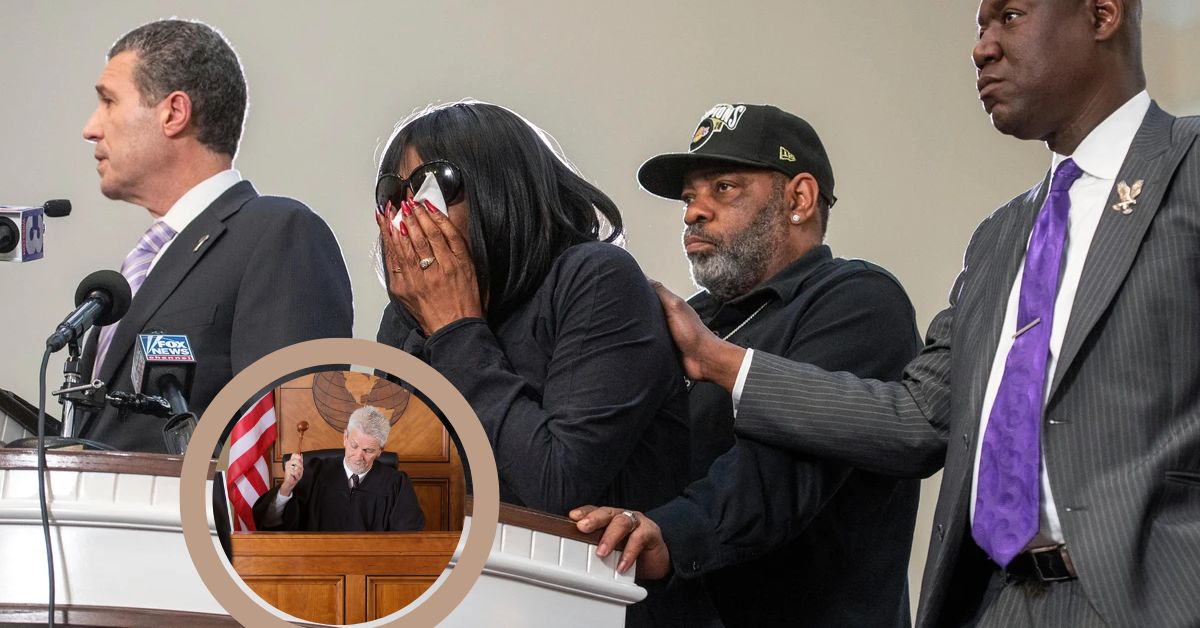For the death of Tyre Nichols, five ex-Memphis police officers have been charged with second-degree murder and other felonies. Nichols, who was 29 years old, passed away on January 10 following a “confrontation,” as police in Memphis described it, during a traffic check near his mother’s house three days earlier. An independent forensic pathologist concluded that Nichols had “extensive bleeding caused by a severe beating” in his preliminary assessment.
The killing of Tyre Nichols has prompted a thorough internal investigation and a reevaluation of Memphis’s specialised units, according to Memphis’s police chief. In this article, we will discuss the elements of second-degree murder in Tennessee law and the possible consequences of being convicted of this crime.
What is Second-Degree Murder?
Although less severe than first-degree murder (murder committed in the “heat of passion“), second-degree murder in Tennessee is nevertheless a capital offence. In Tennessee, the death sentence is only applicable for first-degree murder, not second-degree murder. However, it is the most serious type of felony in the state, classified as Class A.
- Ryan Grantham Is Sentenced To Life In Prison For Killing His Mother
- OnlyFans Model Courtney Clenney Was ‘Aggressor’ Who Murdered Her Boyfriend?
- Jason Van Dyke Will Be Transferred to Illinois Ahead of February Release Date Status

Specifically, “a knowing killing of another; or a killing of another that results from the unlawful distribution of any Schedule I or Schedule II drug, when the drug is the proximate cause of the death of the user”
as defined by Tennessee law, constitutes second-degree murder.
The law continues,
“In a prosecution for a violation of this section, the trier of fact may infer that the defendant knew that the cumulative effect of the conduct was reasonably certain to result in the death of the victim, regardless of whether any single incident would have resulted in the death of the victim.”
What is the Difference Between First- and Second-Degree Murder?
In Tennessee, the term “first-degree murder” is reserved for the most heinous of killings: those that are planned and executed with cold calculation. This is the state of Tennessee’s most severe charge, with the possibility of a sentence of life in prison without the possibility of parole.

What is the Penalty for Second-Degree Murder?
Second-degree murder in the Volunteer State carries a possible sentence of 15-60 years in prison and a maximum fine of $50,000. Additional allegations of aggravated assault while acting in concert, aggravated kidnapping, official misconduct, and official oppression could lead to harsher punishments for the five officers if they are found guilty.
Follow us for latest information or recent news on Leedaily.com’s twitter handle.
